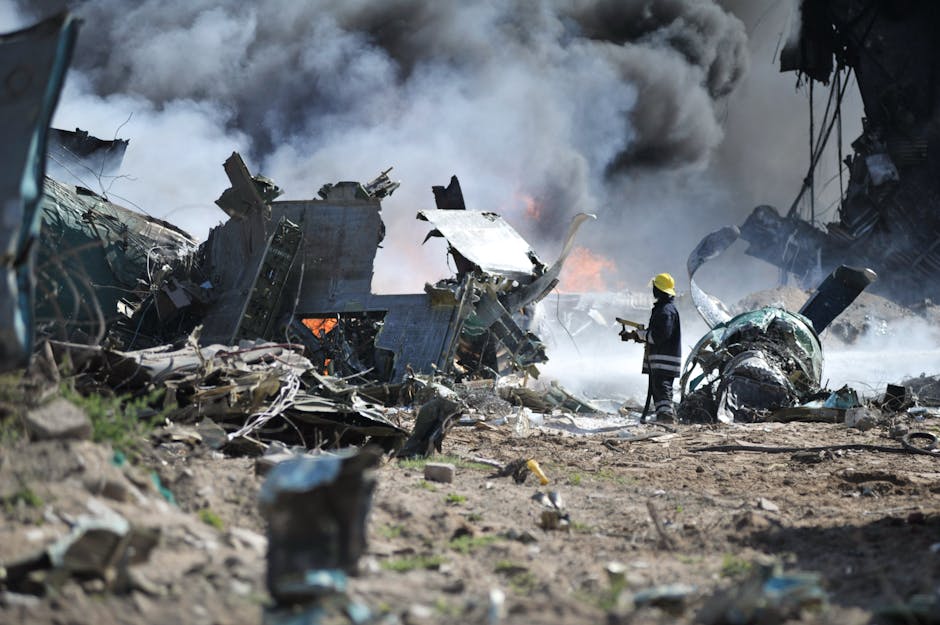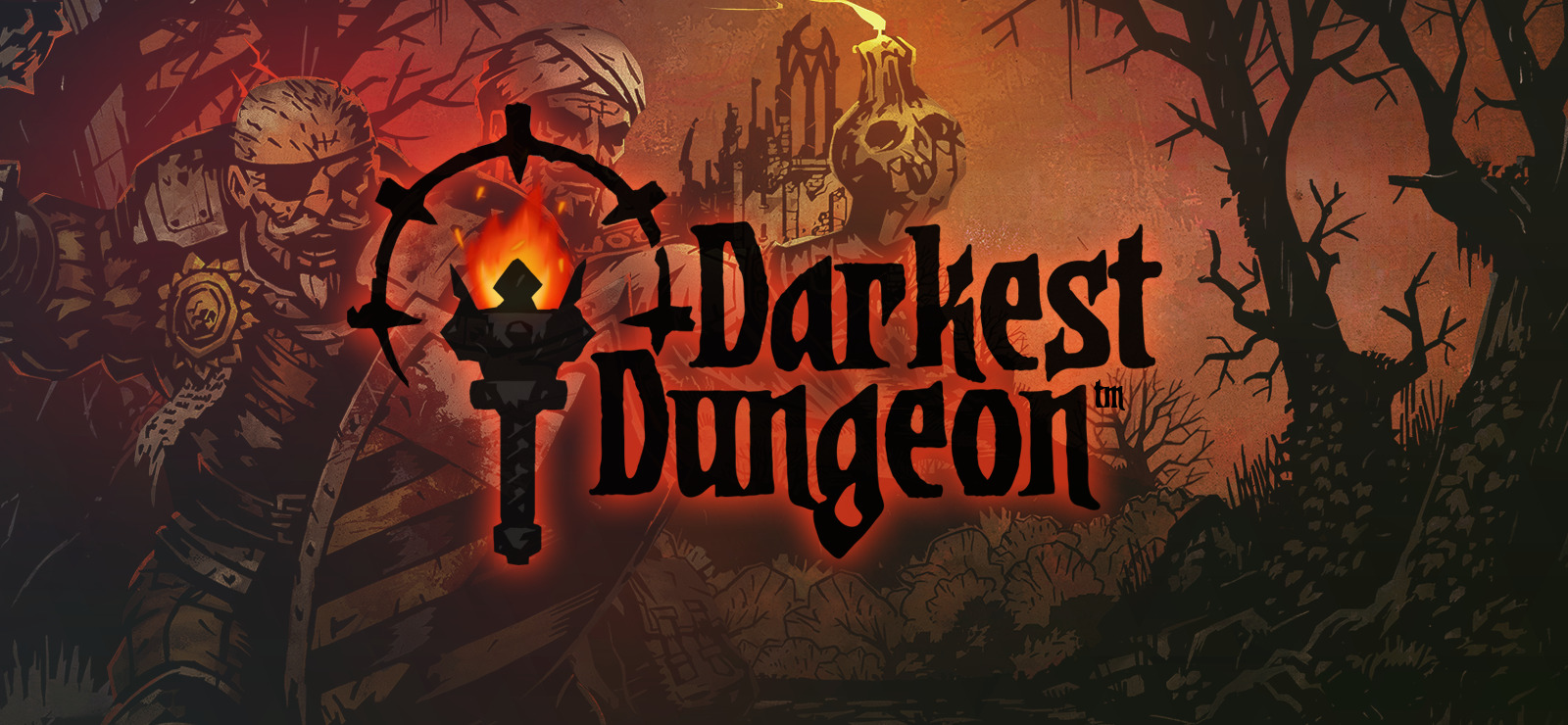Greetings, busy person! Fellow many-priorities person here.
Have problems with multitasking? It's become well known that
multitasking is dangerous.
Other than being ineffective,
multitasking can cause brain damage, lowering IQ, and that's just the start.
There's
so much science behind trying to multitask (including popular case-study accounts like
The One Thing by Gary Keller or
The Effective Executive by Peter Drucker) it's clear
humans are meant to do one thing at a time.
Just don't multitask. Period. (Quick post, no?)
If you'd care for a the influential remarks that came to me about multitasking, read on!
Multitasking, Distraction, and (Not) Doing
Reading Kenneth S. Rubin's book
Essential Scrum: A Practical Guide to the Most Popular Agile Process hit me like a brick. It covers project development and management, though some real gold comes from the exercises. Here's one (try it yourself):
Set a timer, then say or write the following characters. Start by going row by row; record the time. Next, finish each column before trying the next; compare the times:
 |
| Image edited from Essential Scrum: A Practical Guide to the Most Popular Agile Practices |
What do your times look like? Taking a guess, the row-by-row was a lot more time intensive than the column-by-column, or single-category attempt.
Mr. Rubin's test shows that multitasking such simple things as reciting together the alphabet and numbers destroys performance. Sticking to a single frame of mind saves time, if not also sanity.
Those results aren't good.
This is interruption, distraction. Banes for those trying to get things done. It happens when watching (having to find a lost spot on the page or context of a scene), listening ("Could you repeat that?"), doing.
Interrupted or distracted 'doing' is especially harmful. 'Doing' is active, while hearing and seeing are naturally passive. Actions that become interrupted or distracted are like a speeding train that needs to stop (derailing) or gets onto the wrong track (oops), like a car where "they came out of nowhere" or that drifts into the other lane.
Don't 'do' during distraction.
Part of interruption can be putting something off for awhile. "Now's not a good time," you say. Well, the time gets good.
Or maybe you'd like to dust off one of those postponed projects. What you'll be faced with there is likely to be either:
- Irrelevant items (e.g. that blog outline predicting the outcome of the 2016 election does little in 2018)
- Analysis paralysis (there are so many things I could start again, maybe I'll organize them - I can't work in a cluttered environment, can I? [/sarcasm])
- Where to begin (where was I on project X?)
Or all of the above. Interruptions do happen (though you're working on negating them, right?). But just because something has had some effort invested doesn't warrant
sinking more into the cost.
Thus the
importance of no-to-do lists. When the majority of humanity lived in poverty, being able to do more was a sign of wealth. Now, when everyone -
everyone - can do everything and wanting to do it all at once (multitasking), elites separate themselves over what they'll not do. From
Tim Ferriss to
Warren Buffet, success correlates with suppressing the 'noise' of virtually infinite possibility.
A wall doesn't have all its bricks laid at once, but one at a time. As such, picking a strength or two, a priority (maybe two), and sticking with them guarantees outcomes vs. their purgatory of being interrupted in multitasking.
Monotasking, Focus, and Exclusivity
We do better when working on one thing that has 100% attention. That doesn't mean other tasks are off the 'to-do' list, but there's only one place at the top. And that list? Carefully curated by excluding as much as possible from it so only the right work is done.
Now go forth, you hyper efficient person! Avoid multitasking multiples of 'doing', distracted 'doing', and 'doing' everything. You, your work, and those around you will be better for it.
(I know I am.)










